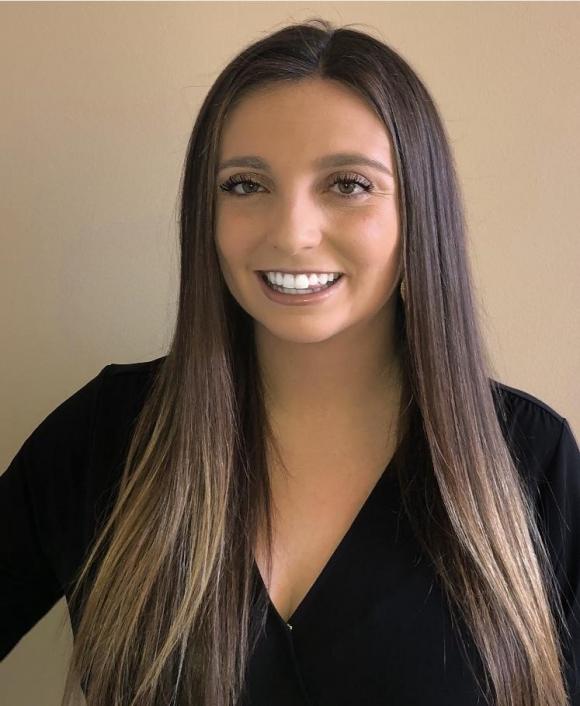
"I know that I can count on the Rutgers Law community to be communicative, open, and honest with students as we break through these obstacles together in order to continue our legal education."
What seemed like a lifetime ago, my roommate and I sat in our living room pouring over property casebooks and notes with the COVID-19 live map on our computers. It seemed like a faraway threat; my heart going out to the people being affected across the world but not truly grasping how it would soon affect me, my legal education, and my Rutgers Law community.
As a law student, my peers and I discussed the prospect of COVID-19 entering into our community but this conversation topic took a backseat to our classes, upcoming brief deadlines and upcoming oral arguments.
When COVID-19 began to affect our area and Rutgers Law made the tough decision to suspend in-person classes, panic and uncertainty began to settle around myself and fellow law students. Within a matter of days, school housing closed, students were sent home, and what seemed like endless questions entered the minds of students (and the deans' inboxes).
Students were and still are facing drastic COVID-19 related life changes- changes that forced us to have our class related priorities take a backseat. As many of you know, as a law student, it takes A LOT to move education priorities to the back of your mind. I must commend the deans of Rutgers Law for upkeeping an active line of communication between the law students and themselves during this time.
While giving prospective student tours, I often comment on how coming from a large undergraduate university, I never had any interaction with my deans and how shocked I was with the ample opportunities provided to me to meet with and actually get to know my Rutgers Law deans.
My peers and I are now in unprecedented territory as our school and law schools across the country make challenging calls regarding how we will move forward and the impact on our grading system. Students advocated for a mandatory pass/fail system to even the playing field in terms of the hardships that students were facing during this nationwide shelter in place order (homeschooling children, housing insecurity, food insecurity, sick loved ones and more).
On the other hand, students also pushed for an optional pass/fail as some students were relying on this semester’s grades and 1Ls had concerns regarding impacts over internship/externship prospects without this semester’s grades. The administration was able to take these concerns in stride by hosting several virtual town hall meetings where students were able to take the floor and discuss the pros and cons of each grading system directly with the deans.
Having this direct line of communication with administration is something I was never privy to in my undergraduate university and is something that I feel is unique to the Rutgers Law community.
It would be wrong of me not to mention the amazing job that the Student Bar Association has done advocating for the needs of students during this trying time as well. As a student, I have never encountered a student government organization so committed to advocating for the needs of students.
As our country and world continues into the unknown in the midst of this pandemic, I know that I can count on the Rutgers Law community to be communicative, open, and honest with students as we break through these obstacles together in order to continue our legal education.
